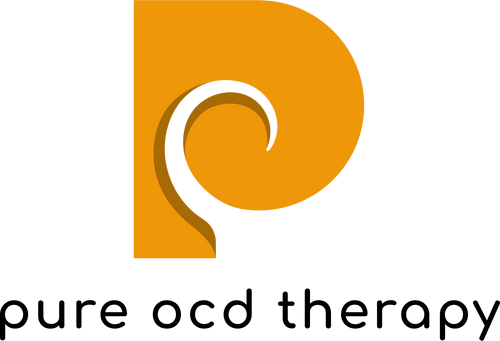A little about Pure OCD Therapy
Many people come to therapy feeling ashamed, believing that no one will truly understand their struggles. If you're feeling this way, we want to assure you that what you're experiencing is likely something we've encountered before. We recognize it takes immense courage to open up, especially when dealing with taboo aspects of OCD, such as harm, sexual, relationship, or religious obsessions—often referred to as "pure OCD." There is no need for embarrassment here; our sessions are designed to be safe spaces, free from judgment.
In cultivating a truly inclusive environment, we unapologetically align ourselves with the LGBTQIA+ community and are dedicated to providing affirming care for all. We embrace clients from every racial, cultural, and religious background, recognizing that personal narratives are intricately woven into the fabric of systemic inequalities (the personal is political). This understanding fuels our commitment to support everyone who enters our space. Our mission is to create a sanctuary where every individual feels not just accepted, but celebrated and empowered in their identity.
Therapist Bios
